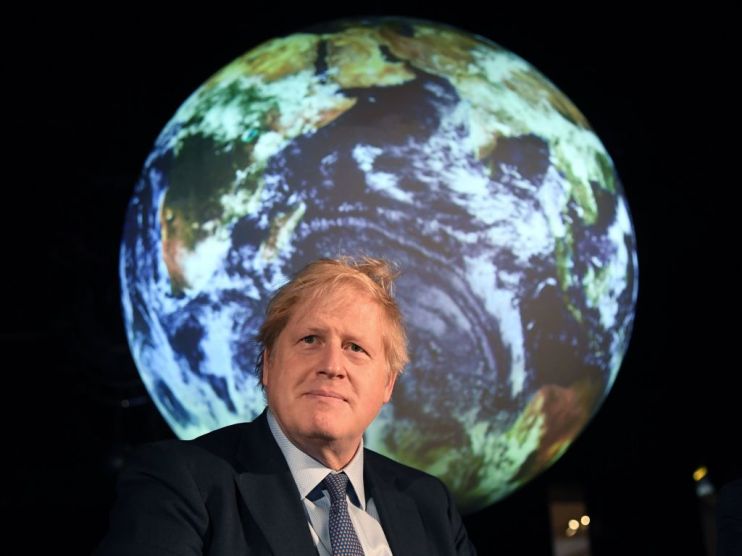A PM with no tribe leaves himself vulnerable when things go south

Even after the huge success of December’s general election, the Conservative tribes remain fully intact. The big question is which of the tribes, with competing and in many cases conflicting ideologies, Boris Johnson belongs to – and which of them he’s prepared to upset over the course of his term.
The Tory party is not homogenous and its members range from social conservatives to free-market libertarians. Balancing these interests will not be easy. The European Research Group, which dogged and ultimately destroyed Theresa May, is watching and waiting to see how this year’s trade talks pan out, while the Blue Collar Conservatism group is eager for policies aimed at keeping the support of former Labour voters.
Johnson claims to be a One Nation Tory, but several members of the caucus don’t buy it. We know he’s basically a metropolitan social liberal, but a lot of his new voters aren’t. And as we’ve seen in recent weeks, he veers from interventionism to buccaneering free trader to climate change activist without blinking.
Because the truth is Johnson doesn’t belong to any one tribe, and arguably never has. Tory colleagues freely offer their explanation for this: the Prime Minister doesn’t have an overarching political philosophy. What does he stand for, beyond his own personal ambition?
Many of his MPs recognise this with a degree of pragmatism – he is not the first to be driven largely by desire for power. But his failure to identify with any one tribe could soon come back to bite him. Who will remain loyal to a man who in one breath says he’s taking back control of a sovereign nation, and in another takes the inflammatory decision to allow Huawei 5G involvement?
The fractures are already visible, with Number 10 and Number 11 seemingly at war. Last year’s briefings that Sajid Javid was Chino – chancellor in name only – have snowballed and the relationship between the Treasury and Johnson’s chief adviser Dominic Cummings is said to have broken down completely.
Like Japanese knotweed, these tensions are said to be spreading throughout the Cabinet – no doubt amplified by the looming reshuffle. MPs point to the number of hostile former ministers Margaret Thatcher built up during her tenure as a model he won’t want to follow. Johnson may see invulnerable now, but the truth is that without a guiding philosophy, even those without a grudge will merrily switch allegiances once they sense change is afoot.
Despite his protestations at PMQs yesterday, Johnson isn’t even loyal to his original tribe – the journalists – some of whom staged a walk-out in protest at others being blocked from briefings.
So far the one group he has been loyal to are those who have helped him get where he is now. But as May quickly discovered – albeit not quickly enough – relying on a small number of aides to the exclusion of others is a hiding to nothing. Johnson needs to start relying on something with more depth than his charm if he is to forge the ties that will keep him safe when things start getting tough.